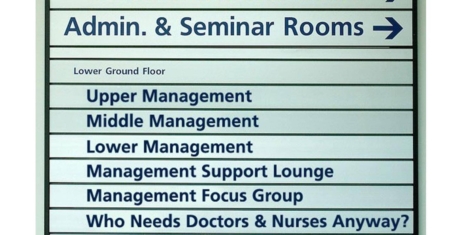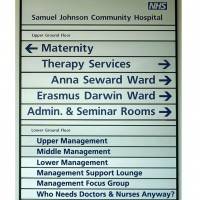April 20, 2016
Traditional performance management fails to match new digital workplace 0
 Performance management plays a key role in helping organisations measure how effectively their employees are contributing to business objectives. Yet despite 94 percent of workforce leaders in a global survey believing performance management improves business performance, only 39 percent of them think their current practices help to achieve their organisation’s business objectives. This isn’t just the employers’ view, within the workforce, 89 percent of people believe their performance would significantly improve if changes were made. The main reason for this credibility gap is the impact digital technologies are having on the nature of both work and the workforce. In the Accenture Strategy report, Is Performance Management Performing? – 92 percent of respondents report that work is faster, more networked and collaborative, and demands ever-evolving skills. This means that organisations need to innovate to keep pace.
Performance management plays a key role in helping organisations measure how effectively their employees are contributing to business objectives. Yet despite 94 percent of workforce leaders in a global survey believing performance management improves business performance, only 39 percent of them think their current practices help to achieve their organisation’s business objectives. This isn’t just the employers’ view, within the workforce, 89 percent of people believe their performance would significantly improve if changes were made. The main reason for this credibility gap is the impact digital technologies are having on the nature of both work and the workforce. In the Accenture Strategy report, Is Performance Management Performing? – 92 percent of respondents report that work is faster, more networked and collaborative, and demands ever-evolving skills. This means that organisations need to innovate to keep pace.


































April 5, 2016
Scientific management and the enduring love of the open plan office
by Mark Eltringham • Comment, Furniture, Technology, Workplace design
(more…)